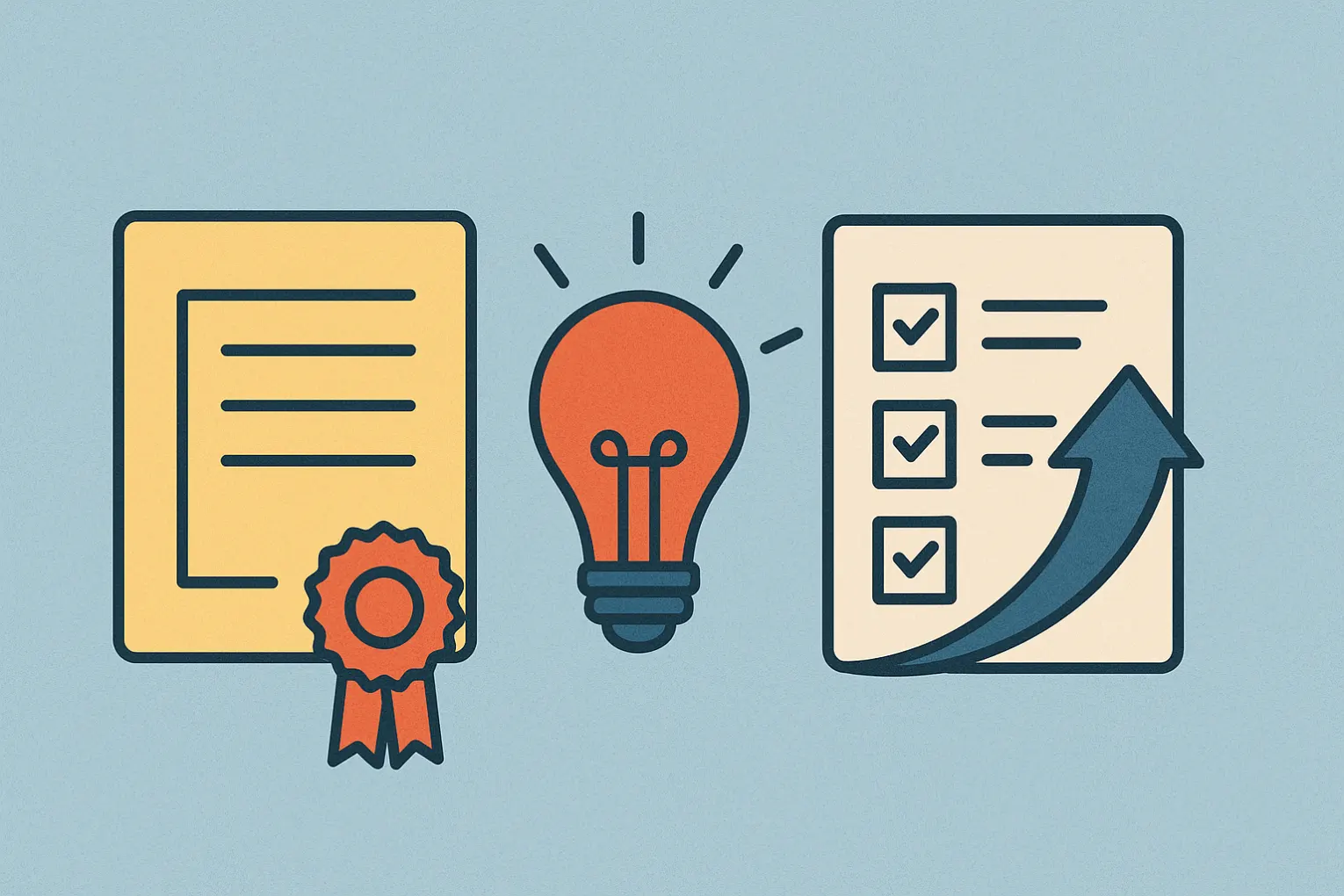As the consumption of media content and the use of digital tools for everyday interactions increases, the role of transcriptionists becomes more important.
Transcription refers to the activity of converting spoken words, sentences, and dialogue into text, which can then be edited and shared. This activity applies to various forms of spoken content, ranging from meetings to lectures to interviews.
Let’s explore in greater detail what exactly the role of a transcriptionist consists of.
Understanding the Role of a Transcriptionist
The term transcriptionist refers to professionals whose role is to accurately convert any type of audio recording into written documents.
Transcriptionists work on very different types of sources. These include consumer audio, legal proceedings, and medical recordings.
In addition to mastery of the language in question, its grammar, its vocabulary, its colloquialism, and its different accents or dialects, a transcriptionist must have great listening skills, great attention to detail, and be able to type very quickly while still producing highly accurate results.
Transcriptionists can either work in-house for a specific organization (e.g., a media house or news agency) or they can act as independent contractors and work for several clients.
Skills Required for Transcriptionists
In order to be effective in their work, transcriptionists must possess various skills. Let’s have a look at them in greater detail.
- Mastery of the language in question – Obviously, transcriptionists must possess a strong understanding of the language in question. They must have studied it and know everything about the language’s grammar, vocabulary, syntax, and spelling. Moreover, they must be familiar with its different accents, dialects, and regional variations, as during their transcription work, they may come across people of speakers of very different backgrounds.
- Knowledge of the field in question – For certain types of transcription works, transcriptionists must also have a high degree of familiarity with the field in question. For example, professionals in charge of translating a medical recording or a legal proceeding must be very well acquainted with the specific terminology.
- Excellent listening skills – Transcriptionists must have a very good ear and be able to catch every word in a dialogue, even those that a regular person may miss. They must be able to understand every or almost every word, regardless of how quickly or weirdly the speaker is talking or how thick their accent or dialect may be.
- Great attention to detail – Effective transcriptions are those that don’t miss any details. Transcriptionists must be skilled enough to recognize and keep a record of any information, even the smallest one. Missing important data may make the final transcription ineffective.
- Quick and accurate typing skills – A very important ability a transcription must possess is being able to write both quickly and accurately. This is especially true for those responsible for transcribing dialogue in real time.
- Editing skills – In addition to converting audio into text, a transcriptionist must also be comfortable with editing it for accuracy. This includes correcting grammar or typos, as well as ensuring that the text adheres to formatting guidelines.
- Research skills – Transcriptionists must be able to research within the given topic if they want to ensure accuracy and comprehensiveness.
- Computer skills and familiarity with word editing software – Transcriptionists must be proficient in using computers and various word editing software.
- Time management skills – Transcriptionists must be able to manage their time effectively in order to complete their tasks on schedule.
Types of Transcription Jobs
- Legal transcription – This is one of the most in-demand types of transcription jobs. It consists of transcribing verbatim conversations, court proceedings, and legal documents into text. A legal transcriptionist must have a strong knowledge of legal terminologies and the specific legal field the transcription is about.
- Medical transcription – A medical transcriptionist is responsible for transcribing recordings, dialogues, lectures, and reports related to the medical field. They must be very familiar with medical terminology and doctor-patient conversations.
- Financial transcription – This type of job involves transcribing audio recordings related to the financial field, such as business conversations and earnings call transcripts. Strong knowledge of the world of finance and business, in general, is a must for those who want to work as financial transcriptionists.
- Academic transcription – Those working as academic transcriptionists are in charge of transcribing lectures, discussions, and other recorded audio from schools and universities. They must be very familiar with the topic they are transcribing and have a strong knowledge of common practices in the academic world.
- Captioning and subtitling – Two very specific types of transcription works are captioning and subtitling. Captioning refers to transcribing audio and video recordings in real-time, while subtitling involves creating transcripts of video or audio files that have already been recorded. Subtitle translations are also a service in high demand.
How to Become a Transcriptionist
Becoming a transcriptionist is an attractive professional option that doesn’t necessarily require a college education.
Basic transcription jobs are available even to those who have very little experience in this field. The basic skills you need to apply for these jobs are good listening and writing skills, knowledge of the language in question, and basic computer literacy. Not only do these entry-level jobs allow you to earn money right away, but they also help you build the necessary experience to move on to more advanced positions.
Some freelance platforms also offer easy online transcription jobs to those without a lot of experience. These websites include Rev, TranscribeMe, and Go Transcript.
If you are considering a professional career as a transcriptionist and aiming for a better-paid job, then it’s advisable to refine your skills as both a general transcriptionist and as a specialized transcriptionist in a specific field. Some of these fields (e.g., legal transcription) require certification, so it’s advisable to enroll in certificate courses for those who have made this particular career choice.
Nowadays, there is also increasing availability of remote jobs for transcriptions. Working remotely allows transcriptionists to work from home, giving them more flexible hours and a better work-life balance.
Tools and Software for Transcription
Numerous tools are available to aid the work of transcriptionists. Those who want to pursue this type of career should take proactive steps to learn how to use them effectively.
Here are some of the most popular transcription tools and apps.
Express Scribe – One of the most popular transcription software, Express Scribe is a free program that allows users to control audio playback using the foot pedal or keyboard hotkeys. It also has a built-in audio player and transcription tools.
Transcriber Pro – A transcription tool designed to improve accuracy and speed up the transcription process. It uses speech-to-text technology to transcribe audio files into text in a matter of minutes.
Happy Scribe – Happy Scribe is an AI-powered transcription and translation tool that converts spoken words into text. It is suitable for both professional and personal use.
Otter – Otter is a voice-based transcription app that converts conversations into text. It also provides automated meeting notes and highlights keywords.
Transcribe – Transcribe is a transcription software designed to help with the conversion of audio or video files into accurate transcripts. It has a wide range of features and tools that aid the transcription process.
Tips for Improving Transcription Accuracy
As mentioned earlier, accuracy is a crucial aspect of effective transcriptions. Those who want to pursue a professional career in this area need to take proactive steps to improve the precision of their work. Here are some helpful tips to achieve this.
To start, ensure the use of a top-notch microphone and record in a noiseless environment with minimal background disturbance. This procedure guarantees crystal clear audio quality, which helps enhance accuracy during transcription.
Next, adjust recording volume levels before initiating the session in order to maintain a moderate sound level. Correctly setting the volume level will enhance accuracy during transcription by guaranteeing all words are audible and lucidly heard.
In order to improve transcription accuracy, it’s also recommended to collaborate with individuals whose speech patterns and accents are easy to comprehend. This can help enhance the readability of the transcription and result in greater accuracy. Additionally, if a project involves multiple speakers, encourage them to avoid talking over one another or speak simultaneously. This helps a transcriber decipher who’s saying what, thereby speeding up the transcription process.
It’s also crucial to take regular breaks while transcribing to maintain focus and evade errors caused by boredom or fatigue. These breaks provide time to review transcripts for inaccuracies and mistakes before submitting them for review, ultimately improving accuracy.
Finally, always proofread your transcribed documents. This ensures that all errors are detected before submission and paves the way for more accurate results.
Transcriptionist Career Outlook
Transcriptionists are in high demand, and the job market is expected to grow steadily due to an increase in the need for accurate transcripts of audio recordings.
Advancements in technology and the need of many companies to save time and money by outsourcing transcription services have created a greater demand for skilled transcriptionists who can provide fast and accurate transcripts.
Apart from traditional transcription jobs, freelancing also offers transcript job opportunities with the chance to work at home and to have flexible work hours, which can be convenient for the freelancer. Freelance transcribers are often paid by the hour or word count and can work on their schedule.
Overall, the career outlook for a new transcriptionist is very promising, with an increasing demand for accurate transcripts of audio recordings.
With diligence, passion, and excellent listening and typing skills, anyone can become a successful transcriptionist.
Transcriptionist Salary and Compensation
Based on statistics provided by Indeed, the average base salary of a transcriptionist in the US is $20.37 per hour and $3,376 a month. However, depending on the experience, qualifications, and type of transcription work, this can range between $13.40 per hour and $30.97 per hour (or $2,220 a month and $5,132 a month).
According to JobCase, medical transcriptionists tend to be the best-paid ones, followed by legal transcriptionists.
Salary also depends on the location. For example, the average salary for a transcriptionist in Los Angeles is $4,072 a month, compared to $3,433 in New York and $3,064 in Phoenix.
In addition to the base salary, those with a transcription job are offered bonuses or other forms of compensation. For example, if you’re a freelancer, you may receive extra payment for each hour of transcription work you produce.
Additionally, some employers also offer additional benefits and perks to their transcriptionists, such as health insurance, paid time off, and other incentives.
Common Challenges Faced by Transcriptionists
Challenges faced by transcriptionists include overlapping speech, mispronunciations, jargon, unintelligible words, and inaudible speech caused by excessive background noise.
Transcriptionists grappling with overlapping speech face a great challenge when two or more people speak simultaneously, making it challenging to discern what each person is saying. They, therefore, need to pay close attention and accurately identify the speaker at any given time.
Mispronunciations can also pose a threat to transcriptionists. This can occur when speakers have an accent or speak quickly, leading to errors in pronunciation. In order to overcome this problem, transcriptionists must have a good understanding of the language they are transcribing and be able to identify mistakes quickly.
Jargon can also be challenging, as industry-specific terms and phrases may be unfamiliar to a vast audience. That’s why transcriptionists must have a good understanding of the topic and be able to detect jargon quickly and accurately.
Finally, unintelligible and inaudible speech due to excessive background noise can make it difficult for transcriptionists to hear and transcribe accurately. In order to overcome this, transcriptionists must have good hearing skills and be able to distinguish between sounds and words even with background noise present.
Despite the challenges, transcriptionists can increase their proficiency with practice and experience. By honing their listening skills and attention to detail, they can produce precise transcripts that capture the subtleties of spoken language.
Advantages and Disadvantages of a Career as a Transcriptionist
The role of a transcriptionist is a challenging yet rewarding career path. In this job, transcriptionists are responsible for converting audio recordings into written documents, like medical records or legal documents. A lot is demanded of transcriptionists, including accurate typing, excellent listening skills, and proficiency in spelling and grammar.
One of the benefits of becoming a transcriptionist is the flexibility of your work schedule. Many transcriptionists work remotely, which allows them to select their own hours and work from home. This dynamic setup is particularly useful for those with personal commitments like family or school. Moreover, most transcriptionists are self-employed, so they can avoid the restrictions that an in-house job might have.
Despite these pros, some cons come with the job as well. Steady work is scarce, and transcriptionists often have to search through online jobs or via agencies to find clients in need of their services. Making errors in this profession can also be costly and time-consuming, given the significant importance placed on accuracy. Finally, the work of transcribing audio recordings is often monotonous, requiring long intervals of focus, which can lead to mental exhaustion.
Final Thoughts
Becoming a transcriptionist can be a fulfilling and exciting job. As the demand for transcripts continues to grow, so do the opportunities in this field. Those who possess the right skills and qualities can find success in this profession, despite its associated challenges. With dedication and practice, you can become a successful transcriptionist and carve out a lucrative career for yourself.
Subtitles

Professional and Accurate Subtitle Services for your Videos.
- Video subtitles specifically tailor-made for improving accessibility.
- Using highly experienced subtitlers with years of industry experience.
- Professionally written and expertly timed.
Translation

We help the world’s top companies translate their content in over 73 languages!
- We localize content for internet websites, games, travel, cryptocurrencies, and more
- Expand your global audience by adding different languages.
- We work only with qualified translators and experienced content creators
Audio translation

Ensuring full accessibility for Blind and visual impaired audiences.
- Visual descriptive events as they occur in the video.
- Working with top audio describers to perfectly describe what is happening on-screen
- Professional sound recording.













